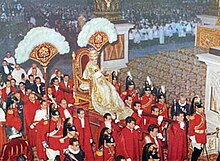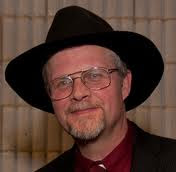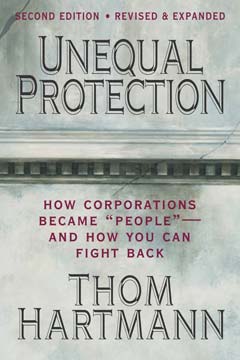Divine Infinity
Muller states, “Some thinkers, like Perkins, present divine infinity in terms of both the divine transcendence of time and the divine transcendence of space”. (Muller pg. 327) Muller quotes Psalm 145:3, Job 11:8, Isaiah 40:12, 15 and Daniel 4:34 as evidences for Divine Infinity. (Pg 327)
Job 11:7″Can you discover the depths of God? Can you discover the limits of the Almighty? 8″They are high as the heavens, what can you do? Deeper than Sheol, what can you know? 9 “Its measure is longer than the earth And broader than the sea.
Psalm 147:5 Great is our Lord and abundant in strength; His understanding is infinite.
Psalm 145:3Great is the LORD, and highly to be praised, And His greatness is unsearchable.
Isa 40: 12 Who has measured the waters in the hollow of His hand, And marked off the heavens by the span, And calculated the dust of the earth by the measure,
And weighed the mountains in a balance And the hills in a pair of scales?
15 Behold, the nations are like a drop from a bucket, And are regarded as a speck of dust on the scales; Behold, He lifts up the islands like fine dust
Dan 4:34 But at the end of that period, I, Nebuchadnezzar, raised my eyes toward heaven and my reason returned to me, and I blessed the Most High and praised and honored Him who lives forever; For His dominion is an everlasting dominion, And His kingdom endures from generation to generation.
I do not promote the view of the hypostatic union as presented in Dr. Clark’s book, The Incarnation (Jefferson, Maryland: The Trinity Foundation, 1988). However, in this book is a section on Divine Infinity that I find most necessary to the Scripturalist system and very agreeable to scripture. On page 56-64 Dr. Clark includes his criticism of Divine Infinity. Clark says,
“Attention must now be directed to the proof-text, Job 11:7-9…the verse says nothing about infinity (pg. 58)…Psalm 147:5…[Micpar] does not mean infinite; it is simply number. Possibly the verse means that a human being in one life cannot count the number of propositions God knows (pg. 59) One reason why Calvinists of the nineteenth and twentieth centuries assert the infinitude of God is that they know so little about infinity…Warfield would have snorted if someone had told him that there are as many prime numbers as there are numbers. Very few of these theologians, I would guess none of them, even heard of Aleph null. (FN: “Compare The World of Mathematics edited by James R. Newman (Simon and Schuster, 1956), Vol. III, p. 1594, or any other elementary statement.)…Carl F. H. Henry, God, Revelation and Authority, Vol. V, pp. 220 ff… ‘The Infinitude known to Biblical religion is not a totality embracing all finitudes’ (p. 225). This sentence and its context really assert that God is not infinite. Let it be recognized, however, that when we deny infinitude to God, we do not deny, but indeed assert that he is omniscient. First, if the theorems are infinite in number, neither God nor man could know them all, for with respect to infinity there is no ‘all’ to be known. Infinity has no last term, and God’s knowledge would be as incomplete as man’s…As with omniscience so too the denial of infinity to God is far from denying his omnipotence…God is eternal and immutable.”
This comes in handy for those who ask silly questions like, can God make a rock so big he can’t move it. God’s omnipotence is not applicable to an infinite number of scenarios whether rational or irrational because God is not infinite. Muller has a section in his Volume 3 on the omnipresence of God in its relation to space but it never actually deals with the primary issue. If God’s omnipresence is infinite then by definition, the space that he occupies must be infinite. This commits the scholastics to infinite space and that is not true to all Scholastic theologians. So much for Divine Infinity. Dr. Clark describes these issues by a more Idealist/Realist scheme,
“The Apostle Paul said that in God we all live and move and have our being…God is the ‘place’ of Spirits…The Divine Mind …encloses or surrounds all others penetrates them completely”
The Works of Gordon Haddon Clark, Vol 1, ed. John Robbins, A Christian View of Men and Things, (Unicoi, TN: The Trinity Foundation, 2005), pg. 225 – VII Philosophy of Knowledge- A Theistic World
Post-Reformation Reformed Dogmatics by Richard A. Muller, Vol. 3(Grand Rapids, Michigan: Baker Academic, 2003)
The Incarnation by Gordon Clark (Jefferson, Maryland: The Trinity Foundation, 1988)







-1-.jpg)


























[…] Divine Infinity by Drake […]